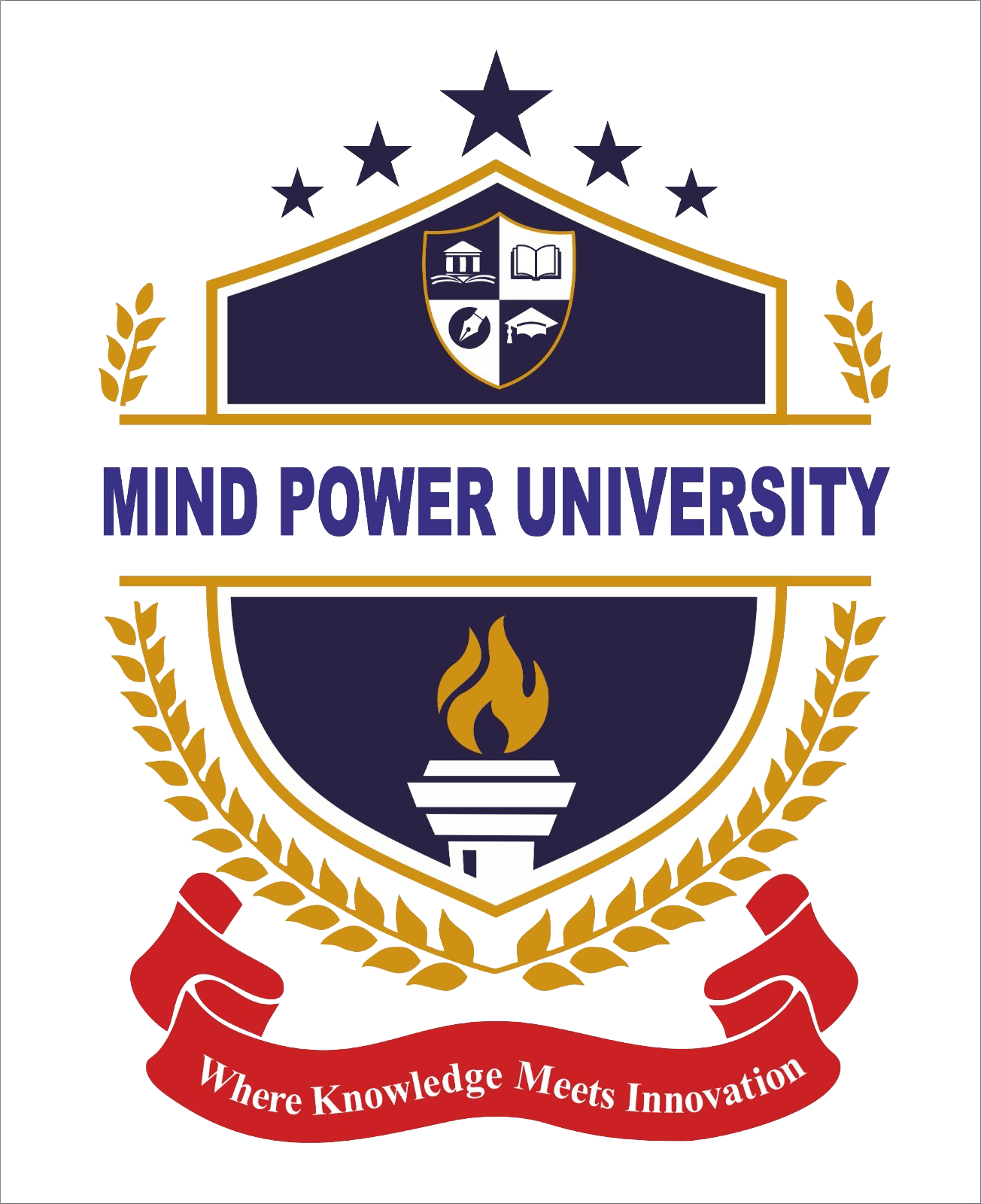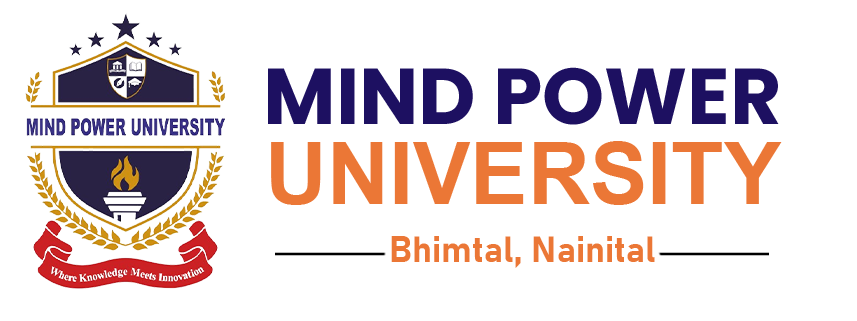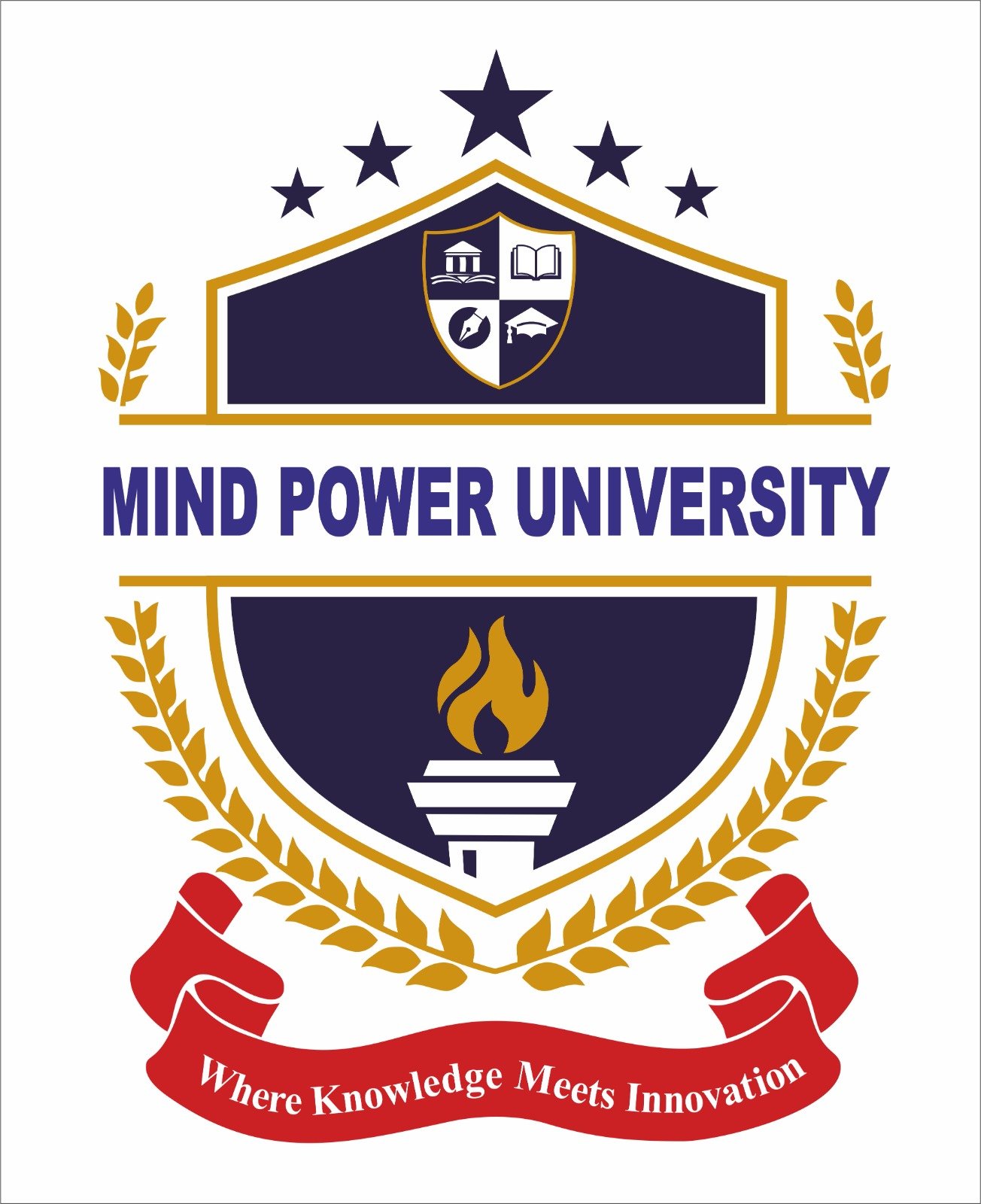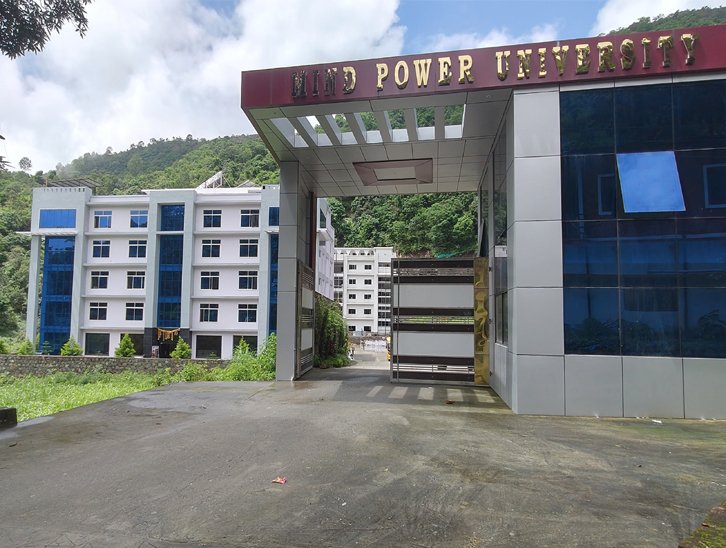 Master Of Library And Information Science
Master Of Library And Information Science
Duration
1 Year
Registration Fee
Contact on :- 8882822265
Exam Fee/ Module
Contact on :- 8882822265
The Master of Library and Information Science (MLIS) program is designed to prepare students for professional careers in library and information science, as well as related fields such as information management, knowledge organization, digital libraries, and archival studies. The curriculum typically covers a wide range of topics, including library administration, information organization, information retrieval, digital libraries, archival management, research methods, and information technology.
Key Components of the Curriculum:
- Library Management: Students learn about the principles and practices of library administration, including strategic planning, budgeting, collection development, user services, and personnel management. They study topics such as library leadership, organizational behavior, and library advocacy.
- Information Organization: Students explore different methods and techniques for organizing and classifying information in libraries and information centers. They learn about cataloging standards, metadata schemas, classification systems, and controlled vocabularies used in information retrieval.
- Information Retrieval: Students develop skills in information retrieval and access, including search strategies, database design, user interfaces, and relevance ranking algorithms. They learn how to design and evaluate information retrieval systems to meet the needs of users.
- Digital Libraries and Archives: Students study the design, development, and management of digital libraries, archives, and repositories. They learn about digitization techniques, digital preservation strategies, copyright issues, and access policies for digital collections.
- Research Methods: Students acquire research skills and learn about research methods and techniques used in library and information science. They learn how to conduct empirical research, design surveys, analyze data, and write research proposals and reports.
| Eligibility | The programme is available to the candidates who have BLIS Degree or its equivalent from any recognised university |
|---|
Contact on :- 8882822265
.jpg)
Graduates of MLIS programs can pursue various career paths in libraries, information centers, archives, museums, educational institutions, government agencies, corporate organizations, and other sectors. Some potential career options include:
- Librarian: Work as librarians in public libraries, academic libraries, school libraries, special libraries, or corporate libraries. Responsibilities may include providing reference services, managing library collections, developing library programs and services, conducting information literacy instruction, and promoting library resources.
- Information Specialist: Work as information specialists, information analysts, or information consultants in information centers, research organizations, or corporate information departments. Responsibilities may include conducting literature reviews, synthesizing information, preparing research reports, and providing information services to clients.
- Digital Librarian/Archivist: Work as digital librarians or digital archivists in digital libraries, archives, museums, or cultural heritage institutions. Responsibilities may include digitizing and preserving digital collections, managing digital repositories, creating metadata records, and providing online access to digital resources.
- Library and Information Manager: Manager: Work as library and information managers in organizations, government agencies, or non-profit organizations. Responsibilities may include managing information resources, developing information policies and procedures, overseeing information systems, and providing information services to internal and external stakeholders.
- Knowledge Manager: Work as knowledge managers or knowledge officers in corporate organizations, consulting firms, or knowledge-intensive industries. Responsibilities may include managing organizational knowledge assets, facilitating knowledge sharing and collaboration, and supporting organizational learning and innovation.
- Researcher: Pursue further studies or research careers in library and information science, information studies, or related fields. Conduct research on topics such as information behavior, information retrieval, digital libraries, information policy, or information literacy.
Overall, a Master of Library and Information Science (MLIS) degree provides graduates with advanced knowledge, skills, and competencies needed to succeed in professional careers in the dynamic and evolving field of library and information science. Graduates are equipped to meet the information needs of diverse users, manage information resources effectively, and contribute to the advancement of knowledge and information services in various settings.







